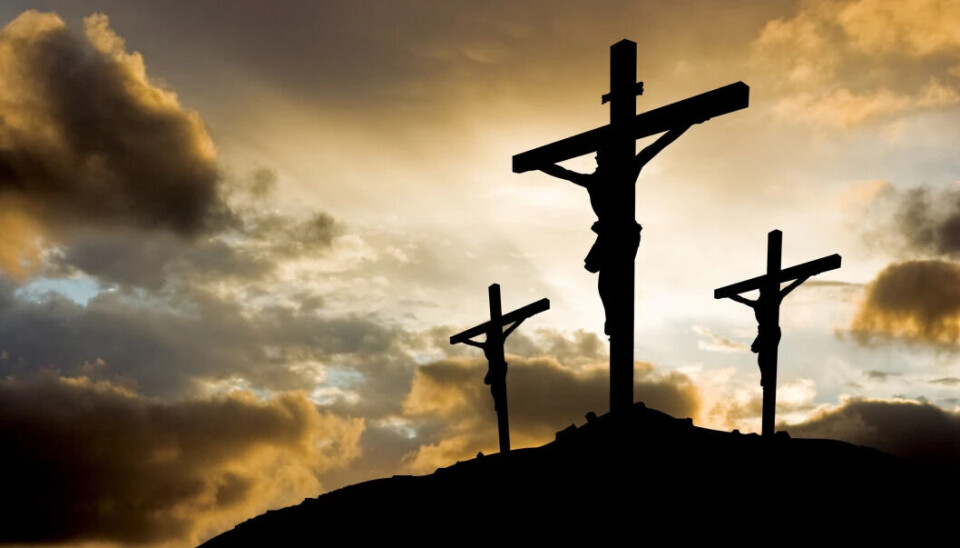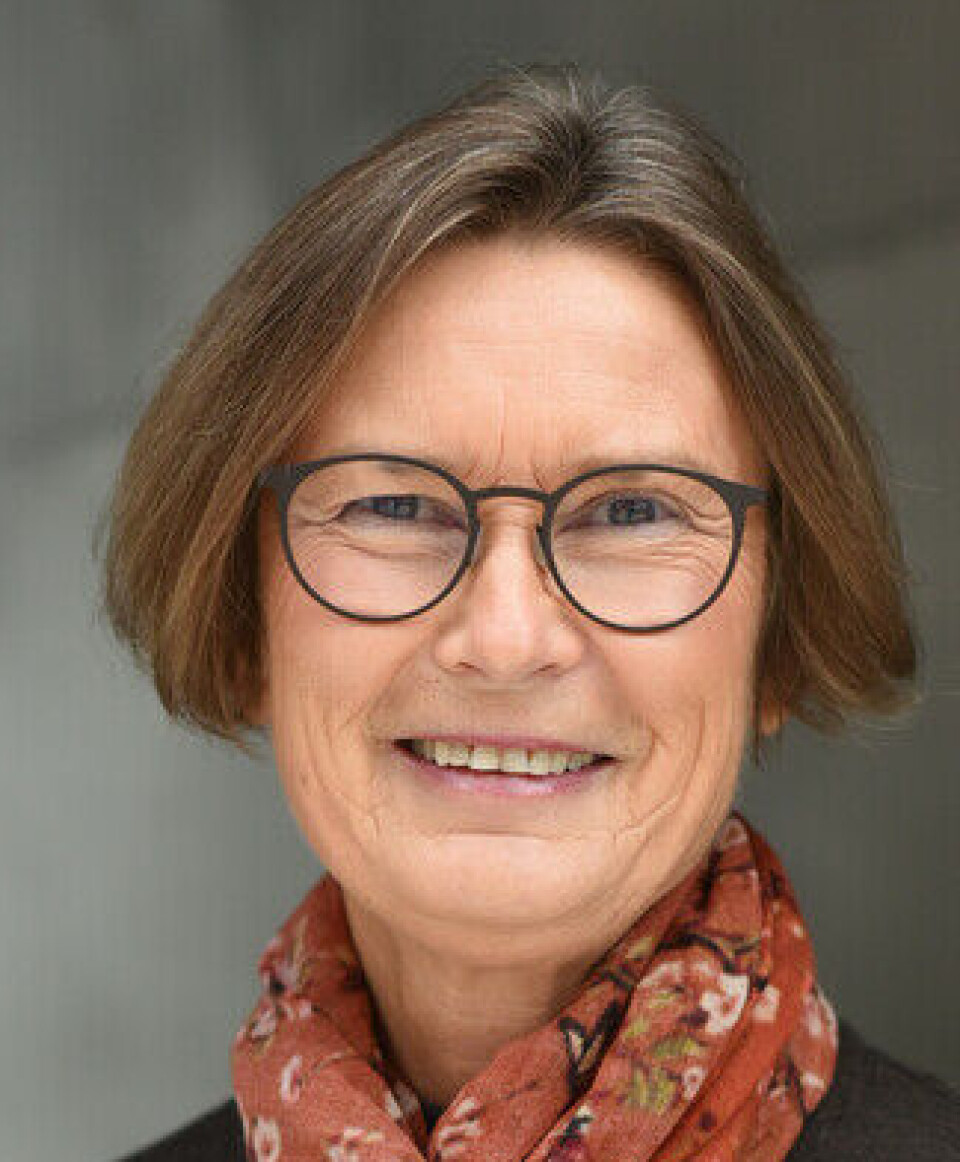THIS ARTICLE/PRESS RELEASE IS PAID FOR AND PRESENTED BY THE University of Agder - read more

Why do we actually celebrate Easter?
Christmas is childbirth and joy, while Easter is death on the cross and suffering. Nevertheless, Christmas and Easter are about new opportunities.
“For Christians, Easter is about reconciliation, restoration and hope,” Helje Kringlebotn Sødal says.
She is a professor and historian of Christianity at the University of Agder (UiA).
Christmas, Easter and Pentecost are the three major Christian festivals. Christmas is about the birth of Jesus. Easter is about his death. And Pentecost is about him ascending to heaven and leaving the gift of the Holy Spirit.
The stories are recorded in the Bible, in the part called the New Testament.
“Interpretations of the Bible stories vary depending on the denomination and the point of view of the narrator. Christians also celebrate Easter in different ways,” Sødal says.

A festival of freedom for Jews and Christians
She reminds us that Jews also celebrate Easter.
“The Jewish celebration commemorates the deliverance of the Israelites from captivity in Egypt,” Sødal says.
She says that ‘påske’, the Norwegian word for Easter, comes from the Hebrew word ‘pesach’, which means ‘pass over’. Moses told his people that the Angel of Death would pass over every house that had the blood of a spotless sacrificial lamb on its door.
Homes where this was not done would be punished because the Pharaoh refused to let the Israelite slaves go. The first-born son in each house would be killed. When that happened, and even the Pharaoh's eldest son died, he let the Israelites go.
Later, Christians interpreted the texts from the Hebrew Bible in the light of what happened to Jesus when he was crucified precisely during the Jewish Passover celebration: He became the spotless sacrificial lamb. People who were figuratively marked with his blood would be spared God's judgment against evil and sin.
“In this sense, Easter is a festival of freedom for both Jews and Christians, and the biggest and most important festival in both religions,” Sødal says.
Why some people head up to the mountains
While many Lutherans, in the Church of Norway and the independent congregations, head to the mountains at Easter, hardly any practicing Catholic would consider missing Mass over the holidays.
Orthodox Christians would also hesitate. For them, the congregational community and the communion are inextricably linked to the festival.
Licentiousness is not what you would associate with the word ‘Lutheran’. But according to Sødal, you could say that Lutherans and Christians from many independent congregations no longer worry about having to attend church at Easter.
“There is a huge difference between Catholic congregations and the charismatic congregation in Oslo, which shut down its activities over Easter some years ago and recommended its members go to the mountains, ‘because we go to church the rest of the year’,” Sødal says.
General agreement on what Easter is
But even though the various denominations and congregations celebrate Easter differently, they broadly agree on what the festival is about, according to the researcher.
It is the opportunity to become friends with God and other people again, or the opportunity to be reconciled, which is the biblical word for this.
“Easter is linked to the other Christian festivals. Jesus came into the world at Christmas. Then God himself became man, lived as a man and finally died for mankind. Christmas is a happy holiday, while Easter is about suffering and death,” Sødal says.
But at Easter, death does not have the last word.
“Easter starts with sadness, but it turns into joy because Jesus conquered death,” She says.
The symbol that originates from Easter
While Christmas offers Christmas trees, the star of Bethlehem, wise men and a manger, there are fewer Christian symbols associated with Easter.
The cross is, however, the most important symbol of Christianity and originates from this festival.
For Christians, the cross became the symbol of God's love and willingness to sacrifice: Jesus died on the cross and extended a hand to people who had turned away from God. Or sinned, as it is called in Christianity.
“The key words in the message of Easter are salvation, reconciliation, forgiveness, restoration and hope. Easter is about dramatic events. Jesus, who was both God and man, suffered and died in the place of others, voluntarily and having done nothing wrong. This opens up the possibility of forgiveness and restores the relationship between God and humanity, and between people,” Sødal says.

This article/press release is paid for and presented by the University of Agder
This content is created by the University of Agder's communication staff, who use this platform to communicate science and share results from research with the public. The University of Agder is one of more than 80 owners of ScienceNorway.no. Read more here.
See more content from the University of Agder:
-
Fear being rejected: Half pay for gender-affirming surgery themselves
-
Study: "Young people take Paracetamol and Ibuprofen for anxiety, depression, and physical pain"
-
Research paved the way for better maths courses for multicultural student teachers
-
The law protects the students. What about the teachers?
-
This researcher has helped more economics students pass their maths exams
-
There are many cases of fathers and sons both reaching elite level in football. Why is that?




































